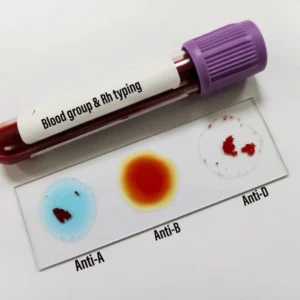- Chemical Overview: Vitamin E is a fat-soluble vitamin comprising a group of compounds, with tocopherols and tocotrienols being the most biologically active forms. It serves as a potent antioxidant, protecting cells from oxidative stress caused by free radicals.
- Role in Health: This vitamin plays a crucial role in maintaining healthy skin and eyes, supporting immune function, and promoting skin healing. Its antioxidant properties also help to protect the body from chronic diseases, including cardiovascular disease and cancer.
- Sources: Vitamin E can be obtained from various dietary sources, including nuts (especially almonds and hazelnuts), seeds, vegetable oils (such as sunflower and wheat germ oil), green leafy vegetables, and fortified foods.
- Deficiency and Health Risks: Although rare, vitamin E deficiency can lead to neurological problems, immune dysfunction, and skin issues. Individuals with conditions that affect fat absorption, such as cystic fibrosis or certain gastrointestinal disorders, may be at greater risk of deficiency.
- Supplementation Considerations: While vitamin E supplements are available, obtaining the vitamin through a balanced diet is preferred. High doses of vitamin E from supplements may pose risks, including bleeding complications, particularly in individuals taking anticoagulant medications.
- Description
- Reviews (0)











Reviews
There are no reviews yet.